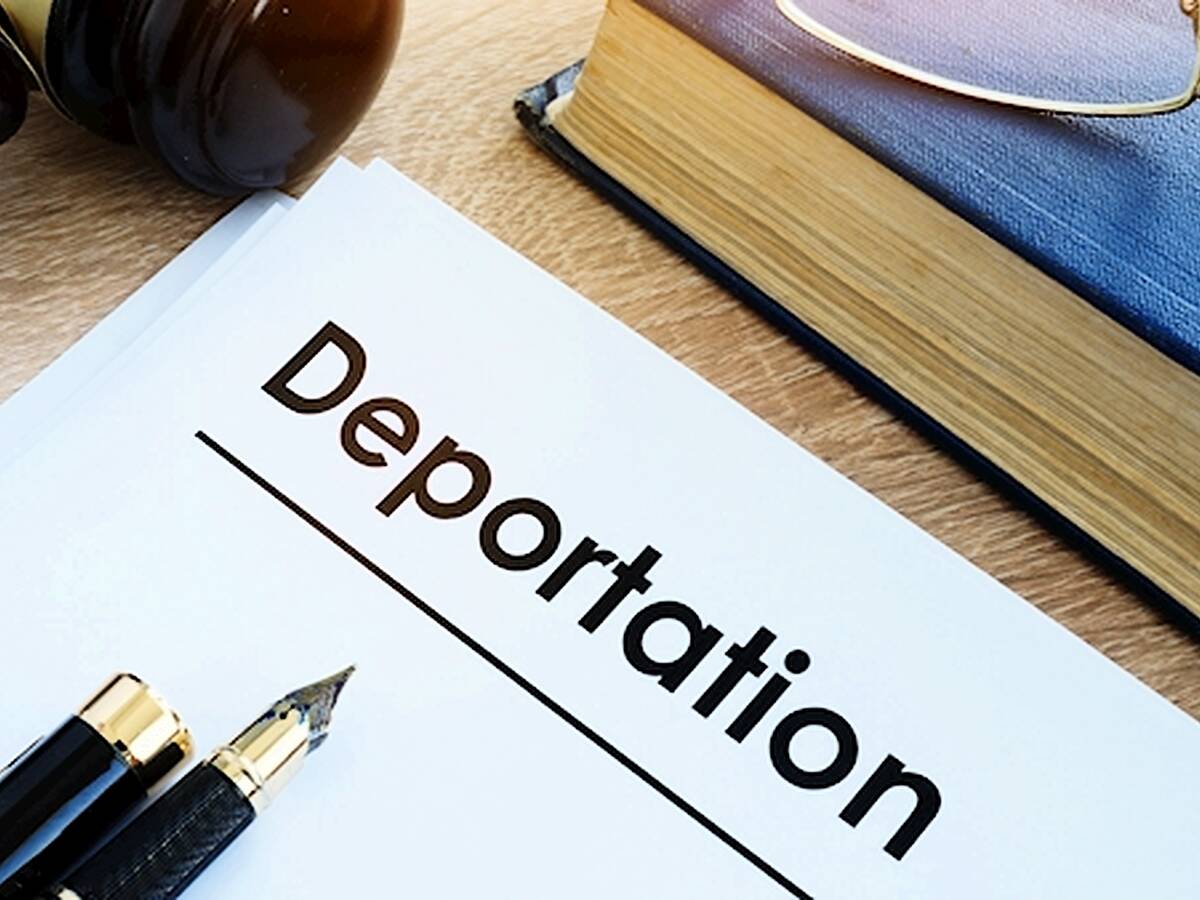A Guatemalan woman living in the United States without legal status is now facing deportation after a wrong turn on the way to Costco led her to the Ambassador Bridge toll plaza near the U.S.-Canada border.
The incident has sparked renewed calls for transparency and reform of U.S. Customs and Border Protection (CBP) practices along the northern border.
According to the Michigan Immigrant Rights Center, which is representing the woman, she was detained on March 8 by CBP officers in Detroit while accompanied by her two U.S.-citizen daughters, ages 1 and 5. The family had used a phone navigation app to find the nearest Costco, unaware the location it directed them to was across the Canadian border in Windsor, Ontario.
They stopped before crossing into Canada but were nonetheless apprehended at the toll plaza by federal agents and taken into custody. The woman was fingerprinted, questioned, and signed a statement acknowledging her unlawful entry into the U.S. in 2018. Her daughters were also detained for several days in a small, windowless room with her before being released to a family member. The woman remains in removal proceedings scheduled for June.
Ruby Robinson, senior managing attorney with the Michigan Immigrant Rights Center, said the conditions of detention were harsh and medically inadequate. The younger daughter developed a fever during their confinement, and the mother was reportedly told there was no medicine available.
“She was told she’d be deported and was encouraged to take her daughters with her back to Guatemala,” said Robinson. “She and her children were held for nearly a week under conditions that are clearly inappropriate for families, especially those with young children.”
Patterns of Detention at the Northern Border Raise Legal Concerns
U.S. Representative Rashida Tlaib (D-Mich.) and the ACLU of Michigan joined Robinson on Thursday in demanding greater transparency from CBP. Tlaib, who serves on the U.S. House Oversight Committee, said over 213 people were detained at the same Detroit location between January and March, with more than 90% simply making navigation errors near the bridge’s toll booths.
“These are our neighbors and families,” Tlaib said. “A wrong turn should not result in their disappearance. The erosion of due process is a threat to all of us.”
CBP, however, disputed some of the figures. A spokesperson stated that just over 200 undocumented individuals were encountered at Detroit crossings between January 20 and March 21. Roughly half were turned over to Immigration and Customs Enforcement (ICE) following secondary processing.
Hilton Beckham, CBP Assistant Commissioner for Public Affairs, defended the agency’s actions, saying:
“She admitted to unlawfully entering the U.S. in 2018. Per policy, CBP worked to find a suitable guardian for her U.S. citizen children. However, she initially chose to keep them with her, prolonging the detention period.”
Advocates Demand Oversight and Reform
The woman lives in Southwest Detroit, a predominantly Latino community located near the bridge. On the day of her detention, her 19-year-old brother—who also lacks legal status—was driving the vehicle. He was also detained and later seen shackled, according to the woman’s account.
Legal experts warn that incidents like this reflect a growing concern about the use of short-term holding facilities for long-term detentions and a lack of due process for migrants apprehended near borders—even those who have not technically crossed into another country.
“This is part of a broader pattern where civil immigration enforcement is blurring the lines of legal procedure,” said one immigration attorney not affiliated with the case. “We’re seeing lawful residents, citizens, and undocumented individuals all being swept into a system with little oversight.”
The Michigan Immigrant Rights Center says the woman has lived in the U.S. for approximately six years and has no criminal record. Her partner, the father of her children, lives and works in Detroit.
The case highlights mounting legal and ethical scrutiny over CBP’s operations along the 5,525-mile U.S.-Canada border, which has historically seen fewer enforcement actions than the U.S.-Mexico border but is increasingly drawing attention from lawmakers and civil rights groups.

